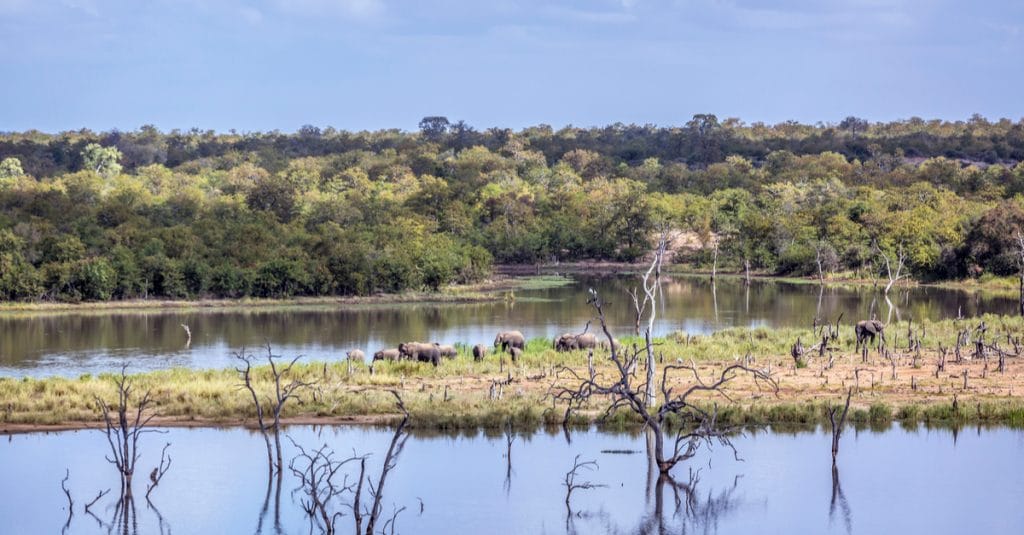Climate resilience reinforced for the nearly 2,000 people living in and around the Gishwati-Mukura National Park. In this protected area in northwestern Rwanda, near Lake Kivu, the benefits of the Landscape Approach to Forest Restoration and Conservation (LAFREC) project are considerable. In six years of implementation, the project has restored 603 hectares of forest and 32 hectares of illegal mining sites. Trees have been planted on 900 hectares of land and 446 hectares of farmland are now under silvopastoralism, benefiting both farmers and the environment.
As a result of these achievements of the Lafrec project, Gishwati-Mukura National Park has seen its protection status enhanced. On October 28th, 2020, the park was designated a biosphere reserve. This was during the 32nd session of the International Coordinating Council of the Man and the Biosphere (MAB) Program, organized by UNESCO (United Nations Educational, Scientific and Cultural Organization).
Support from development partners
The Lafrec project was launched in 2015 with the aim of restoring Gishwati-Mukura using a landscape approach to better manage forest ecosystems. The initiative was implemented by the Rwanda Environment Management Authority (Rema). “The Lafrec project has not only transformed the landscape by protecting and restoring biodiversity, but it has also transformed the lives of thousands of Rwandans and demonstrated that investing in nature yields significant benefits for both people and the planet,” says Juliet Kabera, Rema’s executive director.
Read also-RWANDA : Parc National de Gishwati-Mukura classé réserve de biosphère par l’UNESCO
The project has received support from the Global Environment Facility (GEF) and the Nordic Development Fund (NDF), through the World Bank. It was in 2017 that the NDF joined the project, with funding of $850,000. It was involved in the component of improving reforestation management, through the quality of tree seeds and the provision of technical assistance for more efficient charcoal production and biomass processing in Rwanda.
Boris Ngounou
